In the process of oil exploration and exploitation, drill pipe, as a key tool, bears the heavy responsibility of connecting
drill collars, transmitting drilling fluid and driving drill bits. However, due to the long-term harsh working environment of drill pipe, it is easy to be corroded by various corrosive media, which shortens its service life and increases maintenance costs. In order to effectively deal with this problem, this article will discuss in detail the anti-corrosion measures and maintenance strategies of drill pipe, in order to extend the service life of drill pipe and improve its work efficiency.
Causes and effects of corrosion of drill pipe
In actual operation, drill pipe often bears a variety of alternating stresses such as pulling, twisting and bending, and is in contact with corrosive media such as dissolved oxygen, carbon dioxide, hydrogen sulfide in drilling mud, which can easily cause inner wall corrosion. In addition, chlorides, carbonates and mud fillers in the formation also have impact and wear effects on drill pipe. The combined effect of these factors will not only cause stress fatigue and corrosion damage to the drill pipe, but also seriously reduce its service life, increase drilling costs, and even cause safety accidents.
Main measures for drill pipe corrosion prevention
In order to extend the service life of the drill pipe and prevent it from corrosion in harsh environments, it is essential to take appropriate anti-corrosion measures. The following are several commonly used anti-corrosion measures:
1. Material selection
Choosing the right drill pipe material is the basis for corrosion prevention. High-quality drill pipe materials should have the following characteristics:
Corrosion resistance: Select materials with good corrosion resistance, such as stainless steel and high-alloy steel, which show stronger corrosion resistance in harsh environments.
High strength: The drill pipe needs to work under high-strength conditions. Selecting high-strength materials can effectively prevent it from deforming or breaking during operation.
Low magnetism: Low-magnetism materials help reduce electrochemical corrosion and ensure the safe use of the drill pipe.
Wear resistance: The drill pipe will be worn by the formation during work, and materials with good wear resistance can effectively reduce surface corrosion.
2. Surface treatment
Surface treatment of the drill pipe is one of the important means to prevent its corrosion. Common surface treatment methods include:
Coating treatment: A layer of metal with corrosion resistance is plated on the surface of the drill pipe, such as chrome plating, nickel plating, etc. These metal coatings can form a dense protective layer to prevent the corrosive medium from directly contacting the drill pipe.
Coating treatment: Apply a layer of anti-corrosion coating on the surface of the drill pipe, such as epoxy resin coating, polyurethane coating, etc. These coatings can not only prevent corrosion, but also have a certain wear resistance, and are suitable for high temperature, high pressure, acid and alkali corrosion environments.
Chemical treatment: Treat the surface of the drill pipe with chemical agents to form a protective film. This film layer can effectively block the corrosive medium and delay the corrosion process.
3. Use preservatives
Spraying preservatives on the surface of the drill pipe is a common anti-corrosion method. Preservatives can be divided into organic and inorganic types:
Organic preservatives: such as epoxy phenolic resin preservatives, have good wear resistance and impact resistance, long service life, but relatively high cost.
Inorganic preservatives: such as alumina or silicon nitride ceramic preservatives, low cost, good environmental performance, but the coating needs to be maintained regularly to ensure its effect.
4. Electroplating
Electroplating is an anti-corrosion method that electroplates metal onto the surface of the drill pipe. Common electroplating methods include chrome plating, nickel plating, and zinc plating. Electroplating can improve the corrosion resistance and wear resistance of the drill pipe, while enhancing its surface hardness, thereby extending the service life of the drill pipe.
Regular maintenance and care of drill pipes
Regular maintenance is an important means to extend the service life of the drill pipe and improve work efficiency. The following are several key maintenance measures:
1. Regular cleaning
It is very important to thoroughly clean the drill pipe after each use. Use a soft cloth or brush to gently wipe the surface of the drill pipe, especially the drill pipe joints, to remove mud, grease and other debris. This not only prevents corrosion, but also reduces wear.
2. Regular inspection and repair
Regularly check the surface of the drill pipe for corrosion, detect problems in time and deal with them. If corrosion, wear or cracks are found on the surface of the drill pipe, the affected parts should be repaired or replaced immediately. Regularly use professional equipment such as ultrasonic or magnetic particle testing to perform non-destructive testing on the drill pipe to detect potential problems early.
3. Use appropriate lubricants
Before using drill pipe, make sure to use lubricants that are suitable for the material and working conditions of the drill pipe. Applying lubricants appropriately and evenly can reduce friction, prevent excessive wear, and extend the service life of the drill pipe.
4. Avoid excessive torque
Avoid using excessive force and torque when connecting and removing drill pipes. Use wrenches or torque wrenches correctly and apply the recommended torque according to the manufacturer's instructions to prevent damage to threads and connecting parts.
5. Proper storage
When drill pipes are not in use, they should be stored in a dry, clean, well-ventilated place to avoid contact with moisture, acidic substances or corrosive substances. This can prevent corrosion and damage to the drill pipe and extend its service life.
Comprehensive strategies to improve the service life of drill pipes
In addition to the above measures, some comprehensive strategies can be adopted to further extend the service life of drill pipes:
Regularly train operators: Ensure that operators master the correct methods of using and maintaining drill pipes to reduce wear and damage caused by improper operation.
Introduce new anti-corrosion technologies: With the development of science and technology, new anti-corrosion materials and technologies continue to emerge. Enterprises should actively introduce these new technologies to further improve the anti-corrosion performance of drill pipes.
Optimize the formulation of drilling mud: Reasonable adjustment of the composition of drilling mud can reduce the impact of corrosive media on drill pipes and reduce the risk of corrosion from the source.
Customized solutions: According to different operating environments, formulate targeted anti-corrosion measures for drill pipes. For example, in high temperature, high pressure or acidic environments, use specially designed anti-corrosion coatings or alloy materials to better cope with corrosion challenges under special conditions.
Conclusion
As the core tool in oil exploration and mining, the service life and work efficiency of
drill pipes directly affect the cost and progress of the entire project. By reasonably selecting materials, surface treatment, using preservatives and electroplating technology, and strengthening daily maintenance and care, the service life of drill pipes can be effectively extended and their work efficiency can be improved. In the future, with the continuous advancement of anti-corrosion technology, the anti-corrosion measures for drill pipes will be more perfect, providing a solid guarantee for the sustainable development of the oil industry.








 English
English Español
Español بالعربية
بالعربية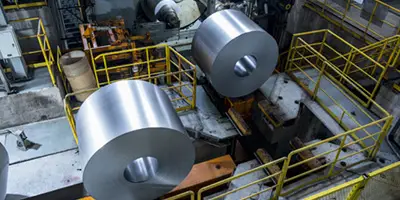
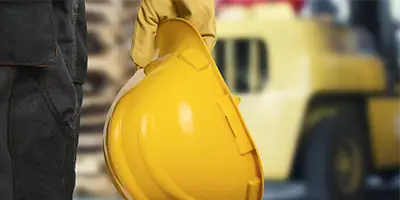
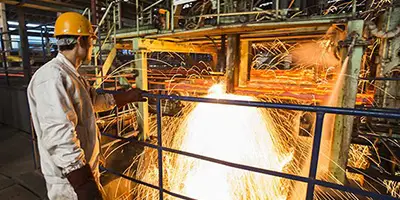
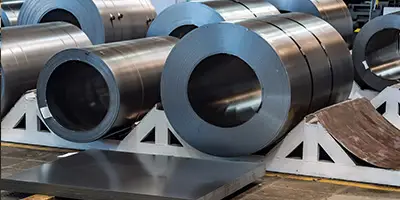

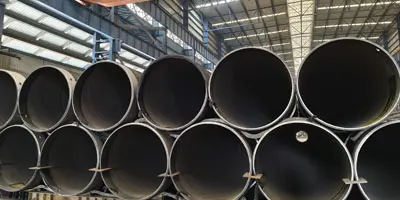
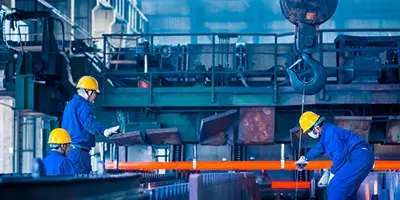
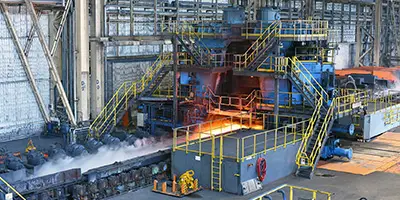
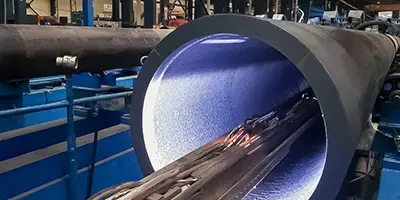
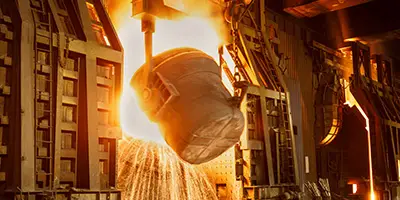
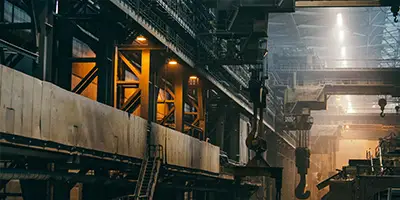
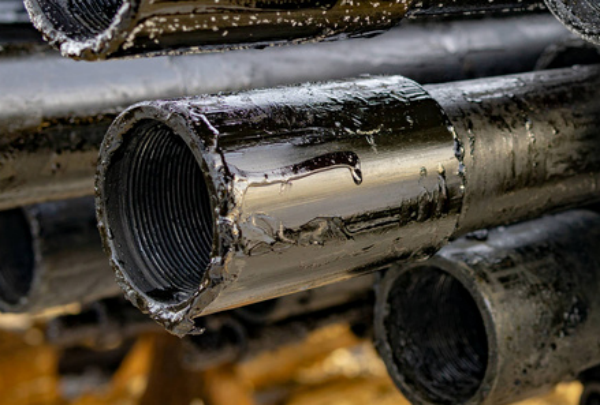
 Phone :
Phone :  Whatsapp :
Whatsapp :  Email :
Email : 


